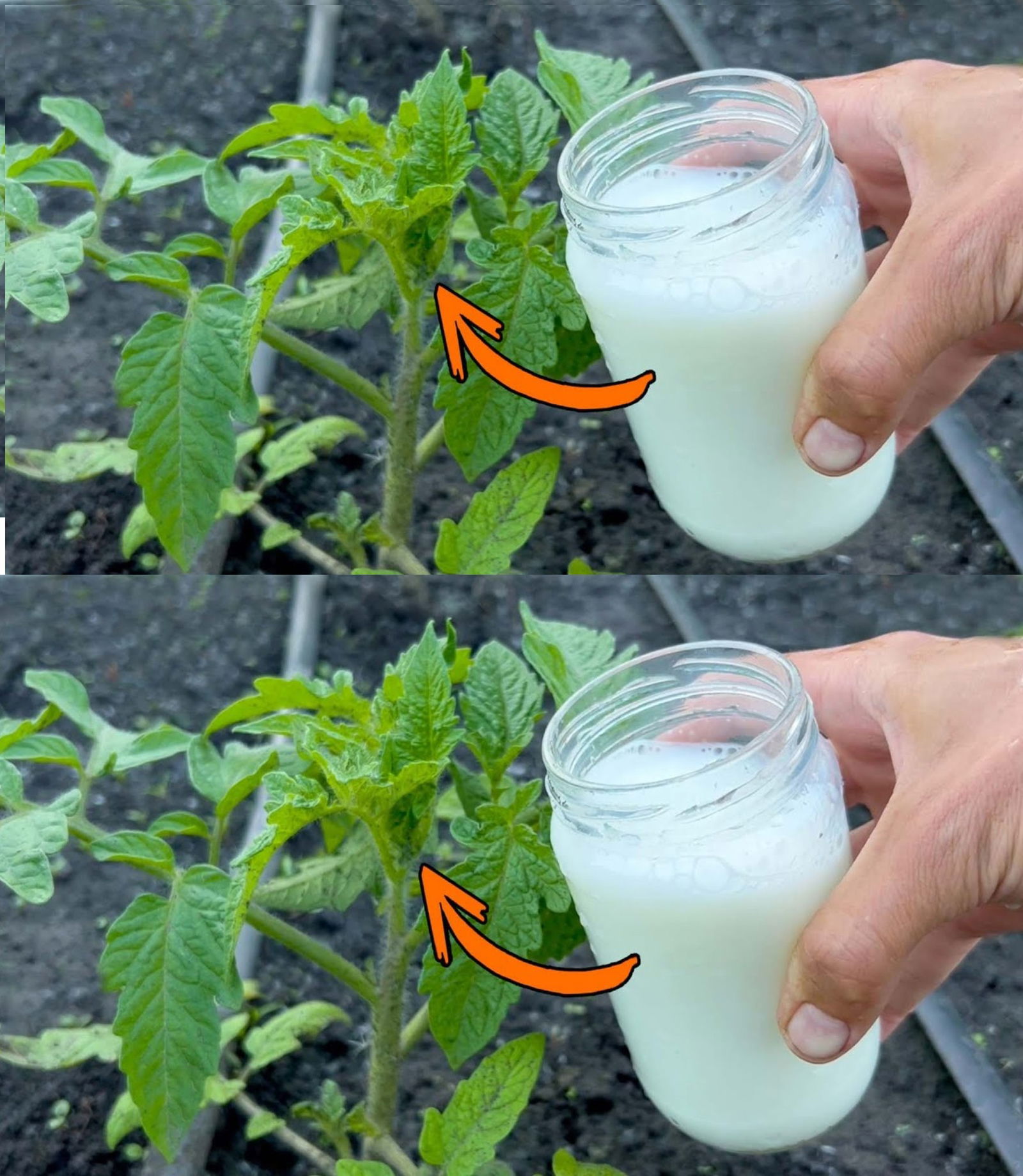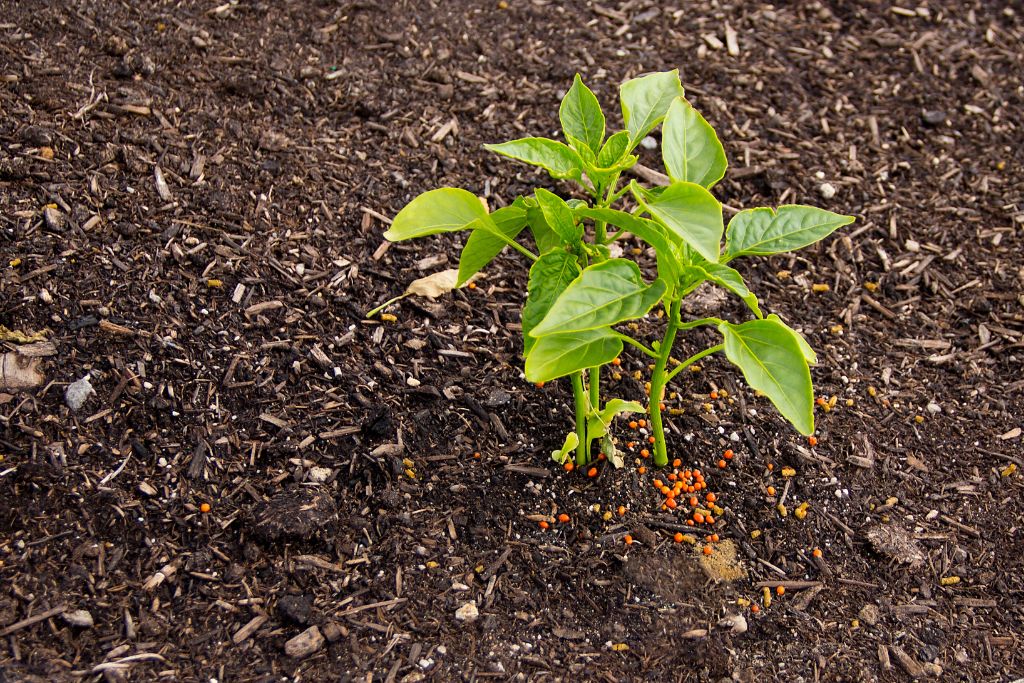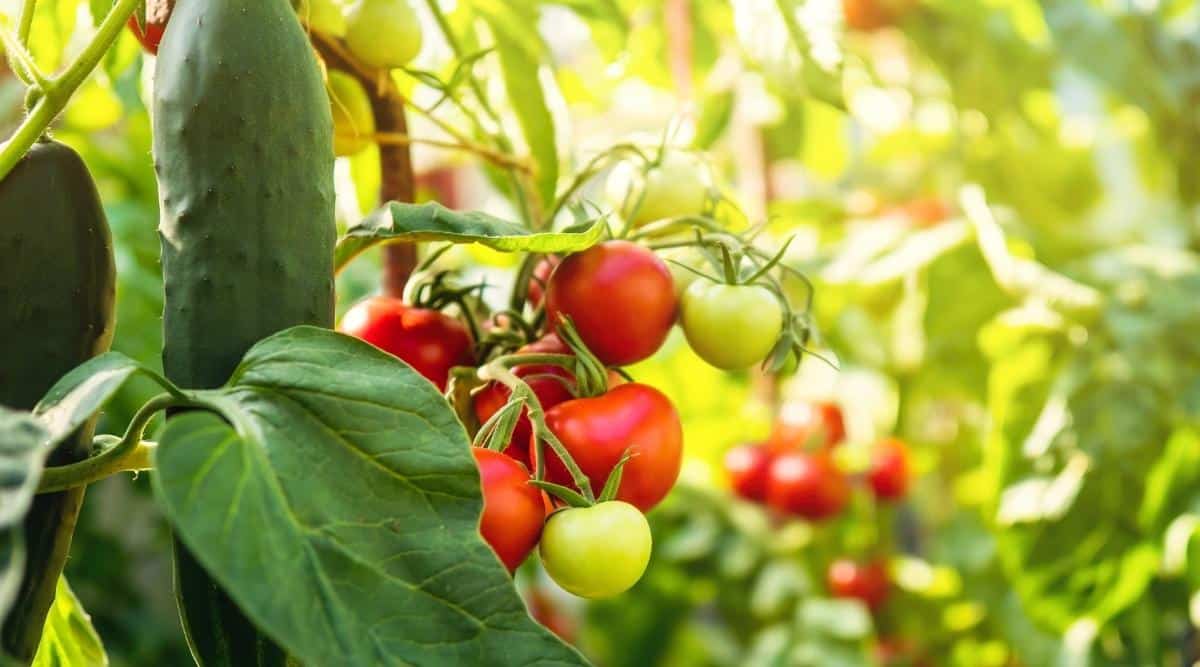
The best things are those we do with our own hands. The best cheap organic fertilizer, in fact, it is advisable not to buy it, but to make it yourself. What? Here are some steps to follow to create a great fertilizer and have lush tomato and cucumber plants.
If you are passionate about gardening, you will know how important it is to use organic fertilizer to grow healthy and lush plants. However, not all fertilizers are created equal: some can be very expensive or take too long to prepare.
But there is an affordable and easy to do solution at home that can give outstanding results on your tomatoes and cucumbers! In this article we will show you how to create the best cheap organic fertilizer with few ingredients and without spending a fortune. Are we ready?
What is organic fertilizer?

Organic fertilizer is a natural product used to feed plants and improve soil quality. Unlike chemical fertilizers, organic fertilizer does not contain harmful or toxic substances and is 100% environmentally friendly. Organic fertilizer offers many advantages over synthetic alternatives.
First, it helps improve plant health by providing them with a full range of essential nutrients such as nitrogen, phosphorus, and potassium. This means that your plants will grow more lush, and resistant to diseases.
Secondly, organic fertilizer also improves soil quality because it stimulates the activity of beneficial microorganisms living in the soil. These organisms work together to break down plant materials into nutrient-rich compost.
Finally, organic fertilizer also helps increase soil fertility in the long term because it adds organic matter to the soil. Organic matter acts as a natural water reservoir in the soil and provides structural support to plant roots.
The advantages of organic fertilizer

Organic fertilizer has many advantages over synthetic chemical fertilizers. Firstly, it is more sustainable for the environment as it comes from natural sources and does not contain toxic substances that can damage the soil and plants themselves.
Organic fertilizer improves soil structure in the long term, providing a greater amount of organic matter that makes the soil more fertile. This can help prevent desertification and reduce the need for irrigation.
Another great benefit of organic fertilizer is that it promotes plant health without causing unwanted side effects as is the case with chemicals. Plants grow best when they receive natural nutrients from the soil through a process that is gradually released over time.
Finally, using a natural fertilizer means that you are contributing to the creation of a balanced and healthy environment for all organisms involved in cultivation, from microflora to bees to birds. This creates a positive food chain where everything works together harmoniously without outside interference.
The best cheap organic fertilizer you can do with a bucket or barrel, cut grass and water
The best cheap organic fertilizer is the one we can easily prepare at home with just a few tools and ingredients. In fact, you don’t have to spend so much money to buy ready-made compost or other types of expensive products.
What you need is a bucket or barrel, fresh cut grass and water. It is important to use a plastic container instead of a metal one because the latter may react during the fermentation process.
For preparation, we must fill three-quarters of the bucket with cut grass, and then pour water until the vegetable mass is completely covered. The best thing to do to speed up fermentation is to add sugar, baking powder and the chopped crust of the bread. To make it even more powerful you can add a small amount of wood ash.
Fermentation lasts about two weeks depending on weather conditions: the hotter it is, the less time it takes to complete it. Once the mixture is ready, it can be used diluted in water with a ratio of 1:10 to water vegetable plants such as tomatoes and cucumbers.
In this way we would have created a natural vegetable fertilizer rich in nutrients such as nitrogen, phosphorus, potassium and micro mineral elements essential for plants.
Organic fertilizer, some tips to use it at its best

Of course, here are some tips to make the best use of organic fertilizer:
Use organic fertilizer evenly: distribute it evenly on the soil or plants you intend to fertilize, avoiding accumulating it only in certain areas;
Dilute it correctly: If you are using a liquid fertilizer, it is important to dilute it by following the directions on the product label. In this way you will avoid damaging the plants due to an excessive concentration of nutrients;
Do not exceed with the doses: even if organic fertilizer is a natural product, it is important not to exceed the recommended doses, since an excessive amount of nutrients can be harmful to plants;
Apply it at the right time: the best time to apply fertilizer depends on the type of plant. For example, some plants need more nutrients during the growth phase, while others need more nutrients during flowering;
Store it properly: store organic fertilizer in a dry, cool place, away from direct sunlight and heat sources, to prevent it from degrading.
Some tips for growing tomatoes and cucumbers

To grow tomatoes and cucumbers, there are some tips to follow to get a good production. First of all, it is important to choose a sunny place where plants can receive at least 6 hours of direct light per day.
In addition, it is crucial to prepare the soil well before planting or transplanting seedlings. The soil must be rich in nutrients such as nitrogen, phosphorus and potassium. You can enrich it with organic compost or natural fertilizer.
During plant growth, water stress must be avoided: therefore, water regularly but without exceeding. To prevent fungal diseases such as gray mold of tomatoes, it is advisable to water only at the base of the plant and not to wet the leaves.
It is also important to eliminate any side shoots growing from the armpits between the main branches and leaves. These shoots take energy away from the main plants and hinder the development of fruits.
Finally, when harvesting tomatoes and cucumbers it is advisable to use special scissors to avoid accidentally damaging them with your hands. By following these simple measures, it will be possible to have a good production of fresh and tasty vegetables directly from your garden!
The best cheap organic fertilizer is what we make with our hands
In summary, the best cheap organic fertilizer for tomatoes and cucumbers can be prepared comfortably at home. You don’t need to spend money to buy expensive industrial fertilizers: just a bucket or a barrel, cut grass and water. It is not only an economical solution, but also an ecological and sustainable one. This type of fertilizer makes plants stronger and more resistant to adverse weather conditions and eliminates the need to use chemicals that are toxic to the environment.
Always try to make the right choice when it comes to the health of your crops and the surrounding environment. With our tip on how to prepare a fermented vegetable fertilizer you can save money while enjoying the benefits that your vegetables will give you.



















